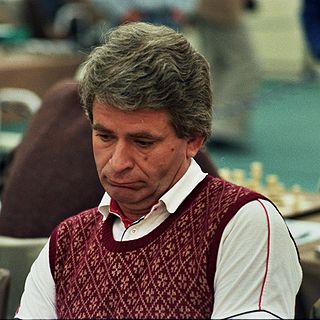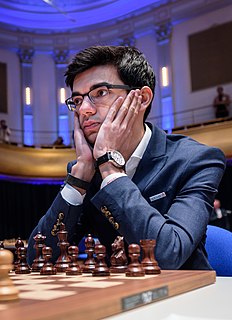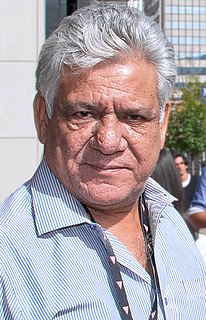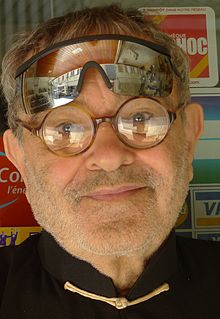A Quote by Boris Spassky
We can compare classical chess and rapid chess with theatre and cinema - some actors don't like the latter and prefer to work in the theatre.
Related Quotes
Compare the cinema with theatre. Both are dramatic arts. Theatre brings actors before a public and every night during the season they re-enact the same drama. Deep in the nature of theatre is a sense of ritual. The cinema, by contrast, transports its audience individually, singly, out of the theatre towards the unknown.
Before I worked on film, I studied the theatre, and I expected that I would spend my whole career in theatre. Gradually, I started writing for the cinema. However, I feel grateful towards the theatre. I love working with spectators, and I love this experience with the theatre, and I like theatre culture.
I love chess, and I didn't invent Fischerandom chess to destroy chess. I invented Fischerandom chess to keep chess going. Because I consider the old chess is dying, it really is dead. A lot of people have come up with other rules of chess-type games, with 10x8 boards, new pieces, and all kinds of things. I'm really not interested in that. I want to keep the old chess flavor. I want to keep the old chess game. But just making a change so the starting positions are mixed, so it's not degenerated down to memorisation and prearrangement like it is today.
Like Dvoretsky, I think that (all other things being equal), the analytical method of studying chess must give you a colossal advantage over the chess pragmatist, and that there can be no certainty in chess without analysis. I personally acquired these views from my sessions with Mikhail Botvinnik, and they laid the foundations of my chess-playing life.
I used to play a lot of chess and competitive chess and study chess and as you get to the grandmasters and learn their styles when you start copying their games like the way they express themselves through... The way Kasparov or Bobby Fischer expresses themselves through a game of chess is it's astonishing. You can show a chess master one of their games and they'll say "Yeah, that is done by that player."

































